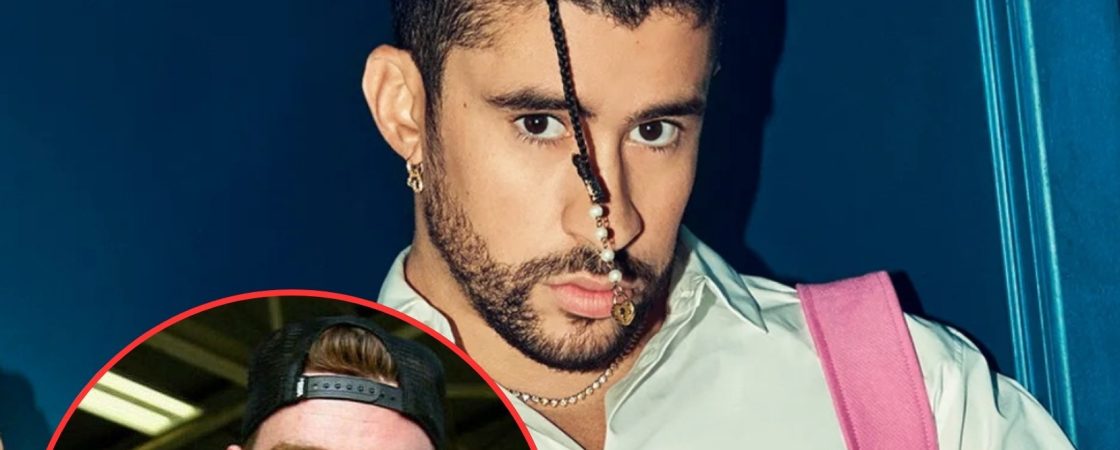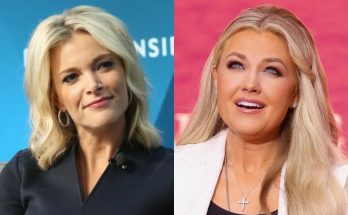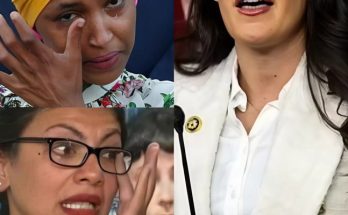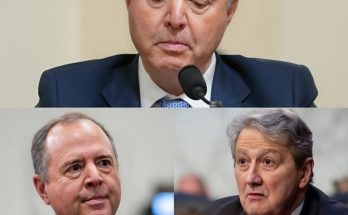“If Bad Bunny isn’t a good fit for the Super Bowl… then maybe the people making those comments aren’t a good fit for America’s future.”
The statement, delivered with characteristic confidence, has sent the internet into overdrive.
Fans Divided
Kelce’s comment has sparked a polarized reaction among fans and commentators alike.
-
- Supporters argue that Kelce is standing up for diversity and inclusion, praising him for defending artists who represent underrepresented communities on one of the world’s biggest stages. Many social media users lauded his willingness to speak out and called the statement “powerful” and “timely.”
- Critics, however, accuse Kelce of mixing politics with football, claiming that his comment transforms a halftime show debate into a broader cultural clash. Some commentators argue that sports figures should stick to sports, while others counter that athletes have always played a role in shaping societal conversations.
From Halftime Debate to Cultural Clash
What started as a discussion about the suitability of Bad Bunny for the Super Bowl stage has escalated into a larger debate about representation, culture, and national identity. Kelce’s words have placed him at the center of this discussion, with news outlets and social media platforms dissecting every angle.
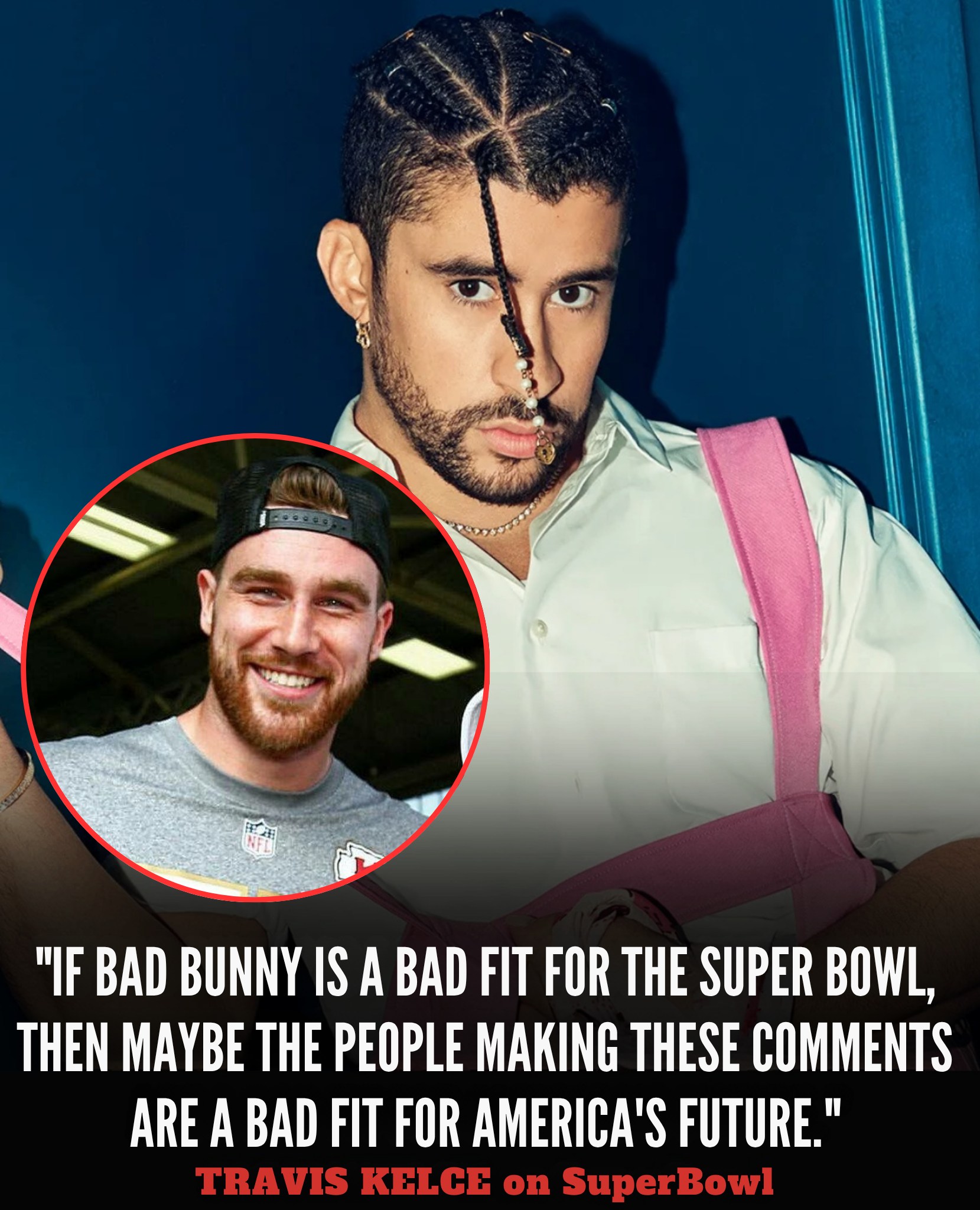
Experts note that the situation highlights a recurring trend: sports and entertainment are increasingly intertwined with social and political issues. Kelce’s statement may be seen as a reflection of the growing expectation that public figures use their platforms to advocate for broader societal values.
Media and Social Media Reactions
The comment has dominated headlines and trends across multiple platforms. Clips of Kelce speaking are circulating rapidly, and hashtags defending him, as well as criticizing him, are trending worldwide. Analysts point out that the intensity of reactions underscores both the influence of the NFL and the cultural significance of the Super Bowl halftime show.
Many fans have praised Kelce for speaking his truth, while others warn of over-politicizing sports. The discussion reflects a broader societal tension: how public figures navigate personal beliefs while remaining in the public eye.
Conclusion
Travis Kelce’s statement regarding Bad Bunny and the Super Bowl has gone far beyond a simple halftime show debate. It has sparked a nationwide conversation about diversity, culture, and the role of public figures in shaping societal values.
Whether fans cheer or criticize him, one thing is clear: Kelce has positioned himself at the heart of a conversation that extends far beyond football, proving that athletes today are more than just players—they are influential voices in the cultural dialogue of our times.
